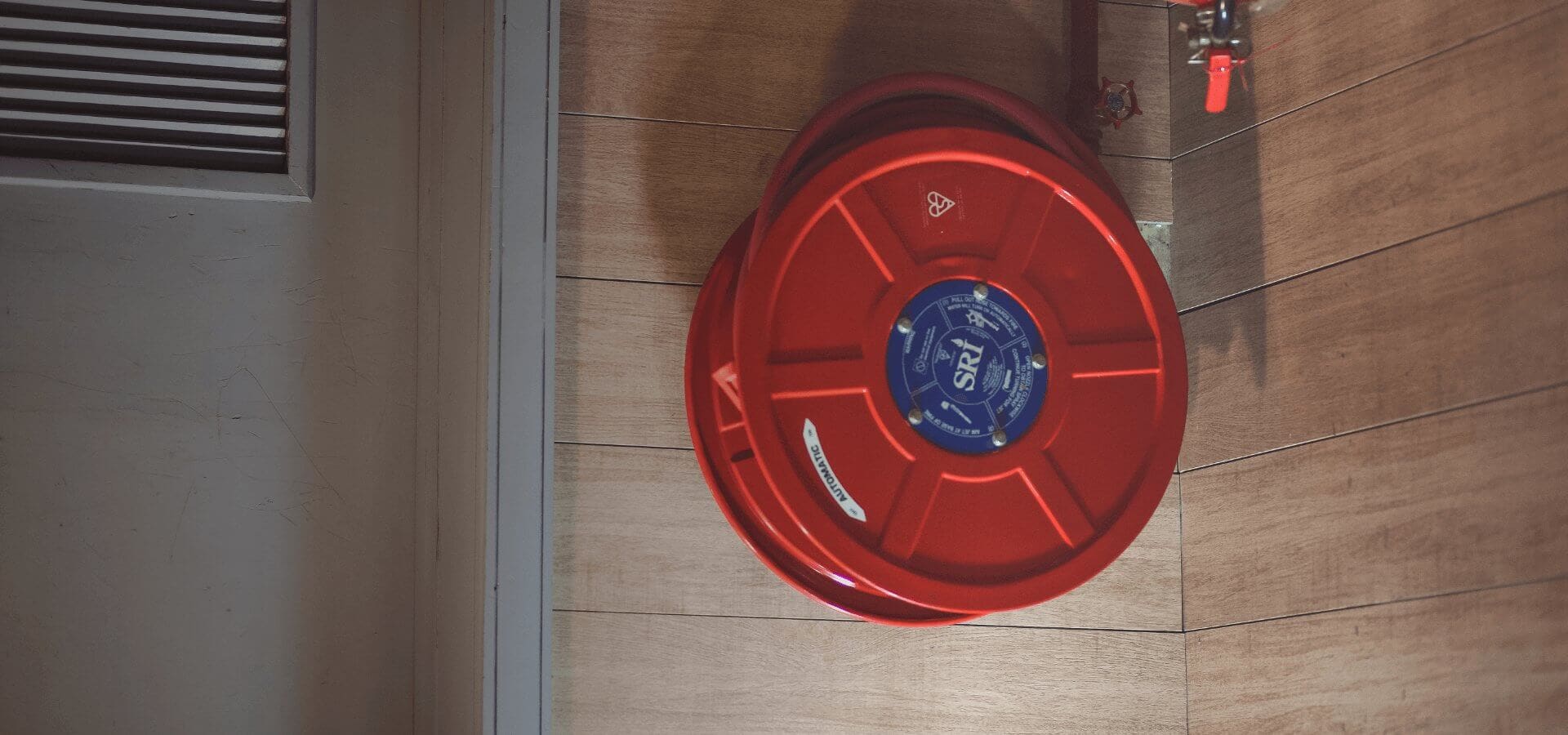
Fire alarm systems are of utmost importance to protect property and life. The government has laid down various laws such as Regulatory Reform (Fire Safety) Order 2005 to ensure that building owners and employers all carry out fire risk assessments and ensure that buildings and premises are safe.
Types of Fire Alarm Systems
There are various types of fire alarm available with varying price points, functions and customisable qualities. The type of fire alarm installation you will need will depend on various factors, such as the size and type of your property and whether you require a domestic installation or a more comprehensive system for commercial purposes. Generally, Fire Alarm Systems can be broken down into the following categories:
Conventional Systems
A conventional fire alarm system is the most basic type of fire alarm. In this type of alarm system, call points, smoke and heat detectors are placed on a wired circuit. This wired circuit is a zone and each zone is wired for a floor. The idea behind this zone division is to identify the area/zone where the fire was detected. When the alarm sounds, the affected area or floor will be displayed on the control panel. While the detectors and call points run on one circuit, the sounder circuits that can contain bells or sounders run on a separate circuit. The conventional fire alarm system is also known as the four-wire fire alarm system and is usually used in smaller properties.
Two-wire Alarm Systems
The two-wire alarm systems are based on the conventional system. But in this system, the detectors and sounders for each zone are wired on the same circuit, enabling the same circuit on a zone for both detection and powering the sounders. This also brings down the wiring costs. Though they are more expensive to buy compared to the conventional systems, they are more flexible, smarter and easier to install. Other advantages over the conventional system include added functionalities such as detector recognition.
Addressable Systems
Though the detection principle of Addressable Systems is similar to that of conventional systems, this system gives exact information on individual detectors or the call point that has initiated the alarm. The smoke detectors, call points, sounders are all placed on the same wired loop, and are given different addresses, hence making it possible to pinpoint the location of the alarm. This also brings down the cost of installation. These are a must-have for large buildings or complexes.
Analogue Addressable Systems
Analogue Addressable Systems are more complex than conventional and addressable systems. They are also known as Intelligent fire alarm systems. There are different types of Analogue systems, which are classified by the protocols used in each. They are most widely used for large commercial places and complex networks. They are also more expensive when compared to their counterparts since they have more flexibility, scope of control and intelligence.
In an intelligent analogue system, each detector will independently evaluate the environment and notify the control panel as to whether there is a fire or a fault. The main purpose of these systems is to prevent false alarms. The analogue addressable systems have smoke detectors, heat detectors, call points, contact monitors and other input and output devices are all connected to a detection loop. These systems can give specific details on each detector, whereas the conventional systems can only give information on certain zones.
By obtaining information from each detection device, it is possible to know the exact location of a fire, fault, or contamination.
Wireless Systems
Wireless systems are useful in properties where wiring is not possible or is prohibited. These systems are quicker and cheaper to install and more flexible. As the name suggests, these systems do not have cables or wires between the control panel and detection devices. Wireless devices today are much more advanced in comparison to the old fire alarm systems with multi-frequency links that can eliminate signal blocking and collision. With such advancements, it is possible to maintain a high signal strength making these systems sophisticated and reliable.
For more support finding the right fire alarm for your installation, you can contact our experienced team who will be happy to offer you additional guidance.



